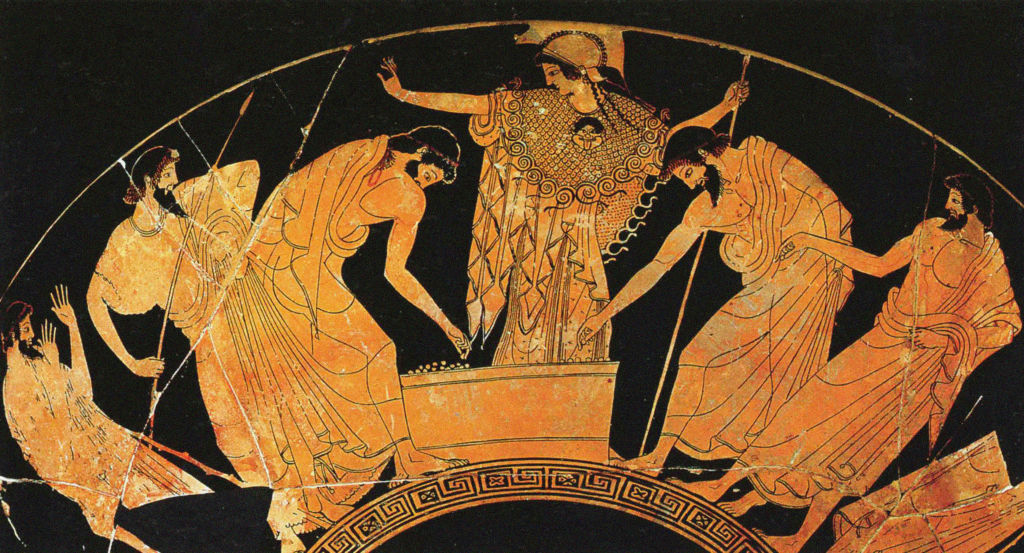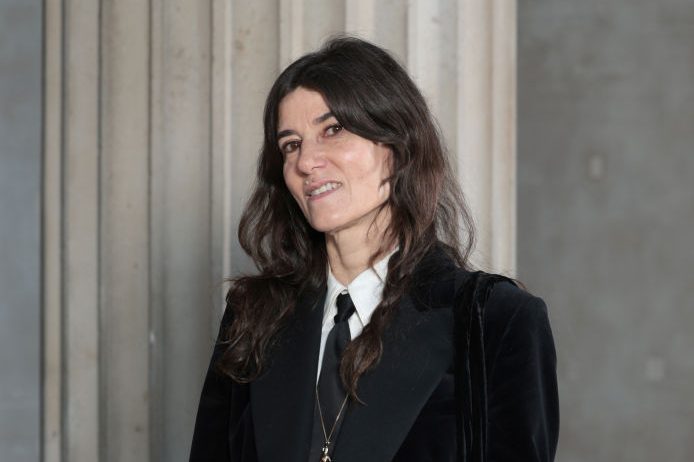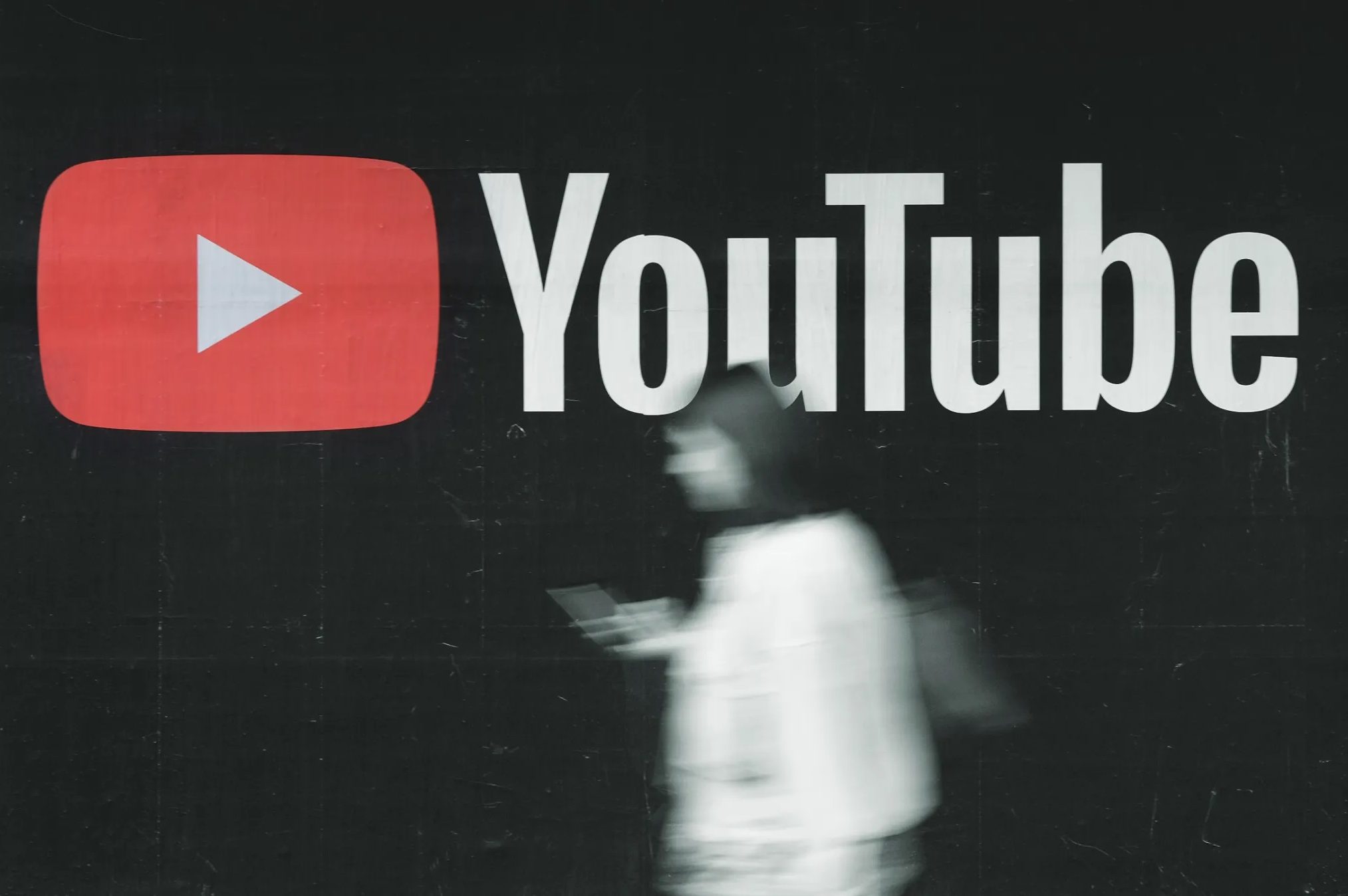We need to stop letting people ‘tell their stories’. Why should random people get half an hour to tell what Oprah would call ‘their truth’? There are so many podcasts out there that simply broadcast people’s rambling anecdotage about the worst thing that ever happened to them — going for that salacious, daytime-TV vibe, but with the authority of journalism, which means narrating traumatic and often outlandish stories while the hosts offer weighty reflections like ‘huh’ and ‘crazy’.
The moment when I gave up on the podcast Committed, a series dedicated to letting couples tell their ‘hilarious, heartbreaking, and inspiring stories’ with no journalistic interference whatsoever, was in an episode called ‘No More Secrets’. A woman tells the story of her husband’s arrest for possessing child pornography, but she isn’t explaining what it’s like for the victims or the difficult rehabilitation process for sexual trauma. She tells us that this betrayal was really hard on her, but she loves her husband, she is loyal to her husband, she is going to stay with her husband. And then the host ends the show with an uplifting note about the importance of honesty in intimate relationships — as if finding those illegal pictures of children was akin to finding your husband’s collection of dirty panties bought from OnlyFans performers.
I was listening to this particular podcast on the Bolt Bus from New York to Baltimore, so I had to stop myself from screaming and jumping from the moving vehicle.
The podcast network Wondery has a show called This Is Actually Happening, where people tell the stories of the worst days of their lives. Of course we don’t know if this is actually happening or not: the producers do not seem to employ fact checkers, and many of the tales defy belief. People mention things that shade toward old ‘Satanic Panic’ stories, relying on ‘recovered memories’ and other hocus pocus, and the makers profit from spewing unsubstantiated garbage into the ears of listeners. You know, the kind of stories that used to be on Maury or Oprah, the stories that got people thrown in jail for things that never happened.
But it’s not just that these types of stories are bad for the world, making us all dumber and credulous, although that is true. It’s that they’re boring.
The Last Dance, the ESPN/Netflix documentary series about Michael Jordan’s career, isn’t so much a documentary as a series of videos in which we watch Michael Jordan watching videos of past games and interviews. As I watched myself watching Jordan, I kept thinking, this isn’t journalism, this is self-aggrandizing nonsense. It told, for really just the longest time, Jordan’s truth, which is that he was always the best and most important person in the room.
Lucky for us, offering something like a corrective is Adam McKay’s new podcast series, Death at the Wing. He takes stories that have been told in small ways and gives them a larger context. Focusing on the deaths of basketball players like Terry Furlow and Ricky Berry in the Eighties and Nineties, McKay tells their stories not as the tragic fall of one individual but as products of interwoven systems of money, drugs, politics and poverty.
McKay, better known as the producer of HBO’s Succession and director of hit films like The Big Short, excels at telling funny and compelling stories that highlight the interconnectedness of the individual with these larger, often unseen systems of wealth and power. His episode on Len Bias’s cocaine overdose in 1986 is a masterclass at explaining the larger forces at work when someone dies so young and so uselessly, from drug culture to the war on drugs to a sports industry that eats its own, all while still being entertaining.
Another running theme of these episodes is how telling stories about one individual’s rise or fall prevents us from making real change. Telling a story of addiction as one person’s weakness prevents us from seeing the damage done by drug policy, or the scam of private rehabilitation clinics, or the hypocrisy of our politicians scapegoating young black men to win votes. Telling a story of excess and greed prevents us from seeing the lingering effects of growing up in deprivation and poverty, and how celebrity culture feeds off throwing talented but damaged young people wads of cash and watching them spiral out. To tell a story right, you have to push past what is easy or convenient. Or just plain lazy.
Not to be the ‘We live in a society!!!’ woman, but sports, relationships, crime, success, failure and lies all have a specific context. And if you’ve ever sat and listened to one of your more delusional friends tell the story of why she got divorced — ‘He just couldn’t handle how awesome I am’; ‘Yeah, I don’t know if that’s it, lady’ — you know we’re not great at figuring out what’s really going on with us.
So maybe stop just throwing a microphone in someone’s face with an ‘It’s time for your story to be heard.’

























